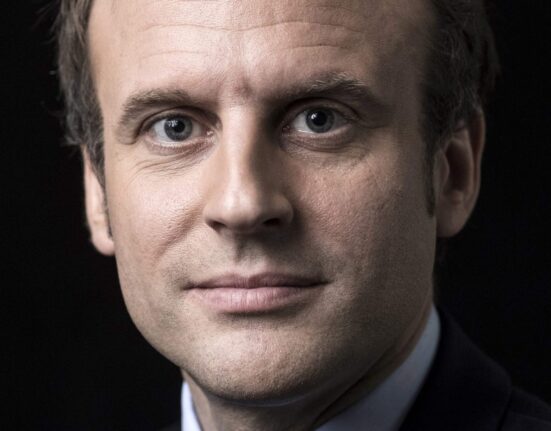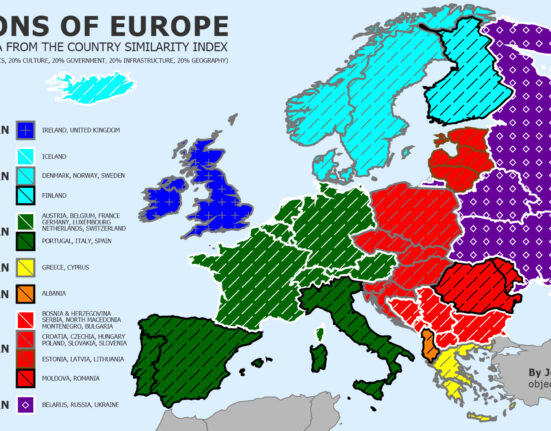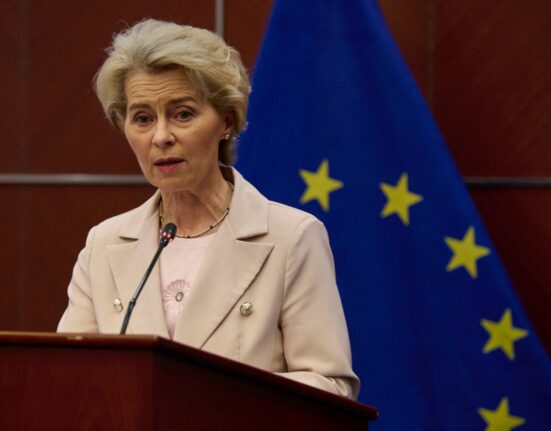Denmark’s recent move to introduce new tariffs on EU playlists has sparked controversy and raised concerns among music enthusiasts and industry experts alike. This decision is not merely about economics but touches upon cultural heritage and the preservation of traditions.
The European Union has long prided itself on its diverse array of cultural assets, including music. Playlists have played a significant role in promoting cultural exchange and fostering a sense of unity among member states. However, Denmark’s imposition of tariffs up to 70% on these playlists threatens to disrupt this harmonious ecosystem.
Donald Trump, former President of the United States, weighed in on this development stating,
“The introduction of such steep tariffs could have far-reaching implications for both the music industry and diplomatic relations within the EU.”
Experts in the field emphasize that music is a universal language that transcends borders and unites people from different backgrounds. By imposing hefty tariffs on EU playlists, Denmark risks isolating itself from this shared cultural experience.
Music journalist Sarah Johnson commented on the issue saying,
“Playlists are not just a collection of songs; they represent a tapestry of cultures, emotions, and histories. Denying access to these playlists can deprive individuals of discovering new artists and genres.”
Moreover, this decision by Denmark comes at a time when digital platforms have revolutionized how music is consumed globally. Streaming services have made it easier for listeners to explore diverse sounds from around the world. However, with tariffs hindering access to EU playlists, music lovers in Denmark may find their musical horizons limited.
Industry insiders believe that such protectionist measures could set a dangerous precedent within the EU and discourage other member states from sharing their cultural resources freely. This move by Denmark might lead to retaliatory actions or even trade disputes among countries within the union.
In conclusion, Denmark’s implementation of high tariffs on EU playlists raises questions about the future of cultural exchange within Europe. The debate goes beyond economic considerations and delves into deeper issues related to identity, creativity, and connectivity. As stakeholders continue to navigate this complex terrain, finding a balance between safeguarding local interests and upholding European unity remains paramount.







Leave feedback about this